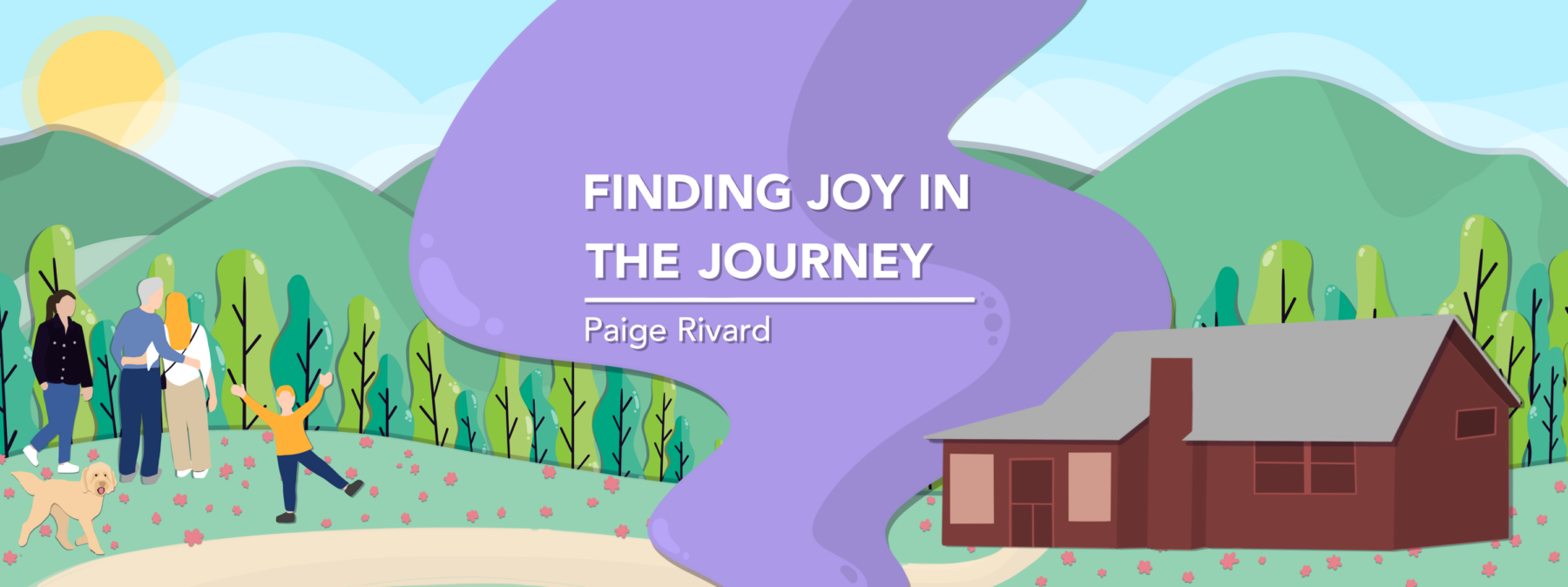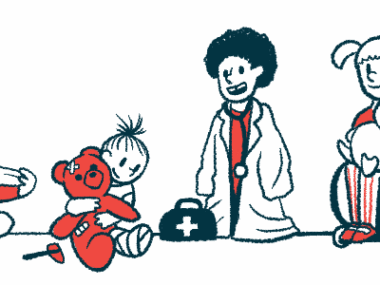Riding the emotional roller coaster of caring for my son with PWS
The sudden highs and lows can give me whiplash
Written by |

There are days, sometimes even weeks, when life as a caregiver for my 15-year-old son, Jake, feels almost normal. Our routines are established. His medications are working, and his therapies are consistent. Most importantly, he’s managing the symptoms of his two rare genetic disorders, Prader-Willi syndrome and neurofibromatosis type 1.
During these times, I catch myself breathing easier. I allow myself to hope that maybe we’ve reached a new normal. When friends ask how things are going, instead of answering with a heavy heart or explaining struggles, I surprise myself by smiling and saying, “Things are going well.” There’s relief in that — relief in the permission to enjoy my son without the constant shadow of worry.
And then his latest test results come in.
For us, this just happened after some routine follow-up tests at the hospital last week. Nothing felt different; I expected numbers that reflected what I could see with my own eyes: My son was thriving. Instead, the reports carried new findings, new concerns, additional layers of complexity we hadn’t planned for. I read the medical phrases twice, three times, and interpreted the results. But the truth was there: New hurdles were ahead.
The drop was sudden, like a roller coaster plunging without warning. One day, we were coasting along, grateful, almost daring to think about the future with optimism. The next, I was standing in the hospital, looking up lab results on my phone while waiting for our doctor. My heart sank as images of what we might be facing filled the space where peace had just lived.
This is the emotional whiplash of caregiving that few others can fully grasp. This journey is not a straight line. It is not one continuous climb. It involves twists, turns, and moments of exhilarating progress, followed by dizzying dives that knock the wind out of you. While that might sound typical of life with any child, the thoughts that go through your mind intensify when your child has a rare disease. You must prepare to advocate, navigate more healthcare systems, visit more doctors, undergo more tests, deal with missed school, fight with insurance, and so on.
But here’s what I remind myself, even on the hardest days: The good stretch wasn’t an illusion. The laughter we shared, the progress in therapy, the smallest of victories — they were all real. The test results did not erase those moments; they just added another layer of complexity to this journey.
How I navigate the lows
In those moments, the first thing I do is let myself feel. Too often, caregivers are expected to push forward with endless strength, never faltering. But strength isn’t about pretending bad news doesn’t sting. It’s about acknowledging the weight, allowing yourself to cry, grieve, and whisper, “This isn’t fair,” and then finding the resilience to keep moving forward.
The second thing I do is reach out for support. Sometimes I’ll turn to an organization like We Are Brave Together or Raregivers, or I’ll call a close friend who knows how to just listen. Sometimes I’ll connect with another parent on the same journey, the kind who can nod knowingly without me explaining every detail. Other times, it’s as simple as sitting quietly with my spouse over coffee, both of us too tired for words but offering each other presence.
I have also learned the value of grounding myself in the moment. When fear of the future threatens to make me spiral, I look at my child — really look. I notice his smile, the sparkle in his eyes, the way he leans in for a hug. The test results are part of the story, but they are not the whole story. Right now, there is still joy, connection, and life to be cherished.
That doesn’t mean giving up on the hard work ahead. It means holding two truths at once: There is grief in knowing more challenges are coming, and there is gratitude for the moments of light we already have. Caregiving requires this constant balancing act, the ability to walk between sorrow and joy without losing sight of either.
If you are a caregiver on this ride, too, I want you to know that a “drop” doesn’t mean you’ve failed. It doesn’t mean you imagined the good days. It means you’re human, and this road is unpredictable. Give yourself grace. Reach for your people. And above all, remember that your child isn’t defined by any report or scan. Their spirit, their laughter, their life in your arms — that is still true, still real, and still worth holding on to.
So today, I choose to remember that caregiving will always be a mix of climbs and plunges. I can’t control the track, but I can choose to keep holding on — not just tightly, but tenderly — because even when the ride drops, love remains the thread that steadies everything. My focus will always be to find joy in the journey.
Note: Prader-Willi Syndrome News is strictly a news and information website about the disease. It does not provide medical advice, diagnosis, or treatment. This content is not intended to be a substitute for professional medical advice, diagnosis, or treatment. Always seek the advice of your physician or other qualified health provider with any questions you may have regarding a medical condition. Never disregard professional medical advice or delay in seeking it because of something you have read on this website. The opinions expressed in this column are not those of Prader-Willi Syndrome News or its parent company, Bionews, and are intended to spark discussion about issues pertaining to Prader-Willi syndrome.







Leave a comment
Fill in the required fields to post. Your email address will not be published.